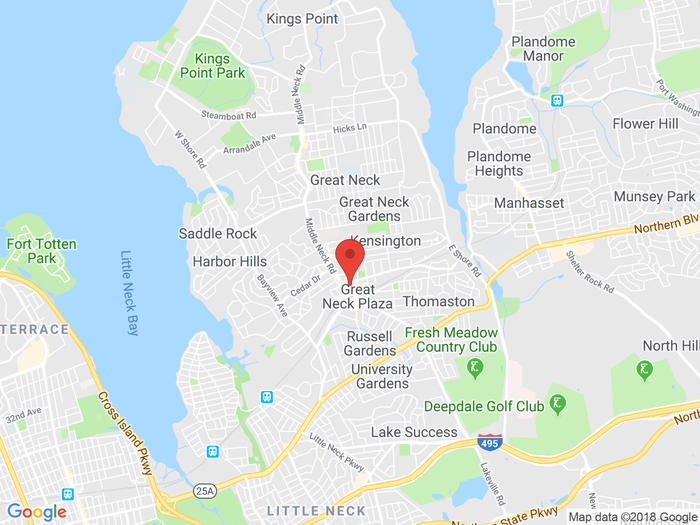Blog
Busting These Teeth-Related Food Myths
What we put in our mouth can greatly affect not just our bodies but also our teeth, gums, and jaw bones. Proper dental hygiene is very important - and dental hygiene is more than just brushing, flossing, and seeing your dentist. And I am sure that a lot of us are aware of what foods we should avoid eating too much of. However, when it comes to thinking about what foods are and are not good for our teeth, there are a lot of myths and misconceptions. This week, we will be taking a look at those myths and misconceptions, so you can have the best information to help improve your dental health and provide you with information for foods that affect your teeth’s health.
Myth #1: Sugar Causes Cavities
Sugar, on its own, does not cause cavities. However, the enzyme that breaks down sugar does cause cavities. Starches and sticky food like candy attracts enzymes and bacteria that thrive on and nearby the teeth. The enzymes and bacteria can build up, leading to gingivitis, gum disease, and cavities. To prevent the buildup of this bacteria and plaque, rinse and brush soon after consuming any food that is really high in sugar.
Myth #2: Foods with High Acidity are Bad for Your Teeth
Most people assume that high-acidity foods are bad for your teeth. While there is some truth to this, there is a little more information that needs to be considered. Foods and drinks that are high in acidity will not erode your teeth. However, if there is recession around the gums, then the high acidity foods and drinks will erode your teeth. If you brush your teeth right after eating a high-acidity food or drink, the abrasion will start to cause recession and then erosion of the newly exposed tooth. Rinsing with water before brushing can help protect your teeth and gums from recession.
Myth #3: Brushing Right After Eating
I just ate a whole lot of food, drank soda, and even had some desserts. I should go brush my teeth, right away, right? Well, no. Dentists suggest that you wait at least thirty minutes to an hour after eating until you brush your teeth. The reason is that brushing your teeth right after a meal can seriously damage the enamel of your teeth. Foods with acidity will soften the enamel of your teeth. So brushing while your enamel is softened can damage the enamel even further. The enamel needs time to solidify after consuming foods. If you want to speed up this process, then you can drink water. Mixing around and promoting the production of saliva will help solidify the enamel.
As you might have realized, there are quite a few myths regarding dental hygiene and what we should or should not eat. Some of these myths are a little counterintuitive. However, it is important that you speak to your dentist specifically about your dental hygiene and how certain foods can affect your teeth’s health. Dr. Liberman and her team at Great Neck Dental Care can help you come up with a dental hygiene plan that is specific to your needs.
Contact Us
Never been happier with a dentist before! The professionalism, individual care, sparkling clean office, and the range of services are amazing. Highly recommended!

